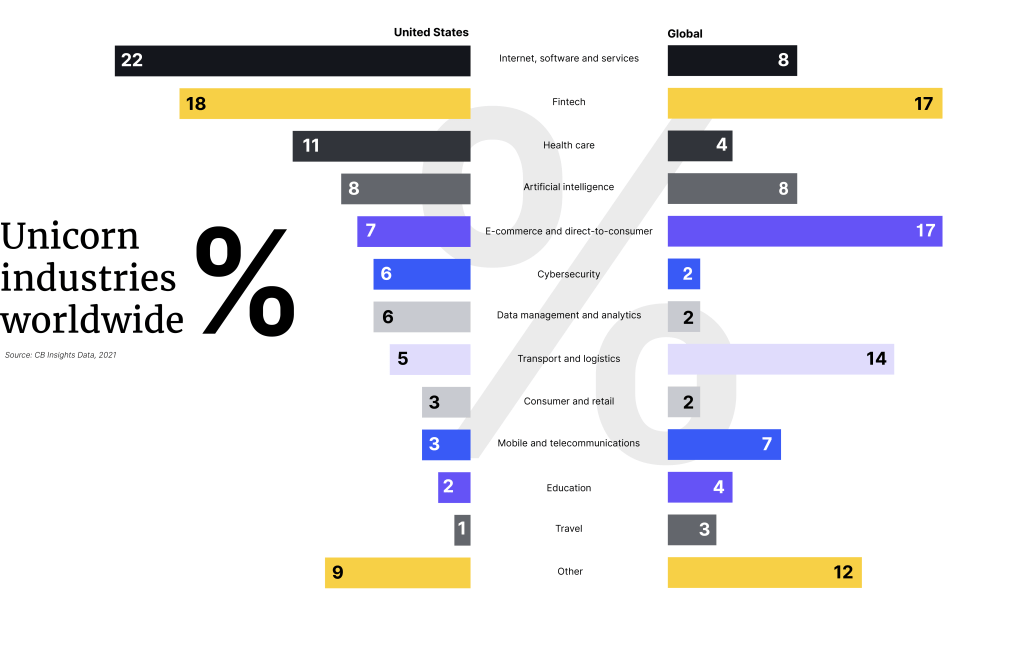Tech-savvy and start-up hub Sweden looks set to produce its first direct-to-consumer (D2C) e-commerce unicorn.
In Sweden, two new direct-to-consumer (D2C) e-commerce companies emerging in the health and fitness sector are set to become the first D2C unicorns in an economy that is providing fertile ground for fintech success.
Mojo, which provides at-home fertility kits for men, and Boxbollen, which produces a playful ‘ball on a string’ fitness device, are on the rise due to the way they deal with their customers.
After two years of pandemic and isolation, online consumption has changed rapidly with people craving personalisation, digitisation and trust from their go-to brands. This has forced businesses to rethink and re-establish their online persona and the way they conduct services.
D2C has become the preferred method to create trustworthy and loyal relationships between providers and customers, cutting the middle men out.
For Mojo, besides having market-leading tech and medical capability, the explanation for success lays within how the company communicates to its customers. Founder and CEO Mohamed Taha told UK trade publication Computer Weekly: “It’s a blend of tech, entrepreneurship and social problem-solving that suits today’s world so well, and that really suits the Swedish style.”
For Boxbollen, which combines its product with an app, the success comes from a merger between the physical and digital that has enabled it to attract thousands of competitors globally in different events.
Why is Sweden tech-savy?
With its extensive digital infrastructure alongside a global mindset, Sweden is often thought of as one of the most innovative, safe and prosperous countries in the world to start a business. With a population of 10 million people, it is the most populated Scandinavian country and is rapidly evolving as a hub for unicorns and start-ups in Northern Europe.
Stockholm, the capital, is booming and produces more billion-dollar companies than any other region in the world after Silicon Valley, with 0.8 tech unicorns per 100,00 residents. Examples of successful unicorns are Klarna, Spotify, King, and Mojang, which were all founded in Stockholm.
The country’s strong cultural affinity with science and education, its culture of open leadership between companies and the government, along with the government’s forward-thinking policies, allow companies to embrace new technology and innovate more rapidly.
With new laws such as the Payments Service Directive in place, the market has opened up for more innovation and competition in the financial sector. Thriving on digital developments, Sweden is well on the way to becoming ‘a cashless nation’.
While Stockholm is the most important city for start-ups and unicorns today, the second and third biggest cites Gothenburg and Malmo are beginning to catch up with the capital.














